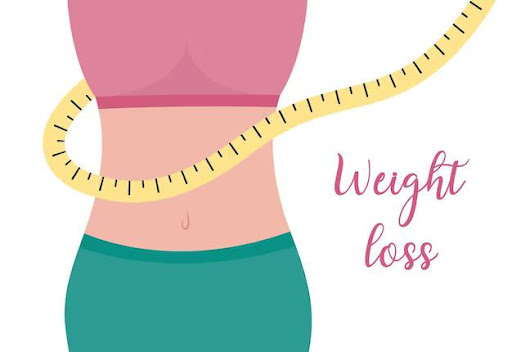
The treatment for obesity is intensive behavioral therapy. You learn how to modify your food and exercise routines with this treatment. This aids with weight loss. Intensive behavioral therapy has a great deal of potential. It focuses on bad behaviours’ that cause fat. These can include eating poorly and not working out.
A therapist and you will collaborate closely. This could be done in a group session or one-on-one. You’ll discover how to alter your way of life to lose weight. In particular, you might discover how to:
- Monitor you’re eating.
- In order to stop overeating, alter your surroundings.
- Increase your level of activity
- Make a workout schedule.
- Set sensible objectives.
You might be able to drop a lot of weight by adopting these modifications. Additionally, you’ll probably keep the weight off.
Self-help organizations and for-profit weight-loss programs are examples of this.
What is weight loss counselling and therapy?
You can talk about and make sense of your struggles with food, weight, eating, and your body in a weight loss counselling session. Several of our clients seek out weight loss counselling because they want to recognize and alter the unhelpful emotional, behavioral, and thought patterns that are linked to their eating habits and weight.
We would like to know how you feel about food and eating, what behaviour’s set you out on a self-destructive path, how your weight affects your day-to-day activities, and the views you have about your body and looks. A place where you can develop greater emotional agility, change your eating patterns and behaviours for the better, and increase your self-esteem and confidence is weight loss counselling.
Why therapy helps in losing weight?
In America, about 70% of adults are categorized as overweight or obese. The fact that more people are getting overweight each year in this country makes it increasingly clear that the standard weight-loss methods (diets, exercise, etc.) are ineffective. However, being overweight is not just a matter of appearance in terms of the size and shape of the body. Being overweight poses a major risk to one’s health because it can cause a number of additional conditions, including diabetes, high blood pressure, sleep pane, kidney disease, and many types of cancer. Being overweight raises the possibility of experiencing both physical and mental health issues. People who are overweight typically battle with sadness, anxiety, and low self-esteem. It is obvious that being overweight negatively affects a person’s life, and finding a non-traditional way to lose weight may be the secret to success.
Cognitive behavioral therapy (CBT), is a type of psychotherapy used to address a wide range of disorders, including weight reduction therapy. With the use of cognitive behavioral therapy, people can become more conscious of their negative cognitions (or thoughts), which frequently underlie “unhealthy” actions, and eventually confront and alter them. As the relationship with food is frequently simply the symptom of a deeper issue, CBT can also assist people in identifying the root of the problem.
Psychological factors of weight loss
Psychological aspects of obesity include feeling heavy and chubby, fighting to reduce weight; feeling deprived when you diet, and having low self-esteem. For these individuals, maintaining a calorie-restricted diet and frequent exercise is difficult.
We have so many behavioral, emotional, and relational links with eating, which can make losing weight seem insurmountable. How and what we consume affects our mental state, eating patterns, and ability to cope with emotions. While some people struggle with their weight as adults, many people have struggled with their weight throughout the majority of their lives.
Techniques for Therapy for Weight Loss
The first time you see a weight loss therapist, they’ll probably do an assessment. A typical examination includes inquiries regarding past experiences with physical and mental health, relationships with food, and way of life decisions.
Weight loss can be accomplished through a number of lifestyle modifications, such as meal planning (which is personally tailored to the client and their specific goals) and adhering to an exercise regimen. Working with a weight loss therapist can help improve awareness of one’s connection to food and help identify any underlying issues that may lead to weight gain, overeating, negative body image, etc. in addition to the lifestyle modifications Setting goals.
- Self-monitoring
- Reinforcement and feedback
- Increasing self-confidence and motivation through incentives
If you are looking for an “Online Counsellor” contact TalktoAngel, a platform that connects the best online therapists with Online Counselling in India.


